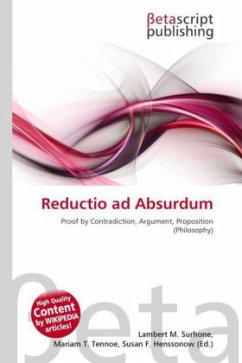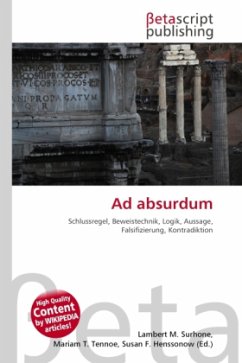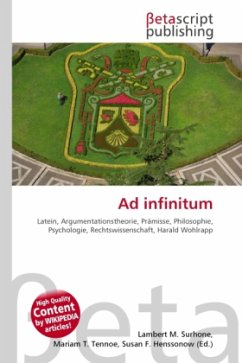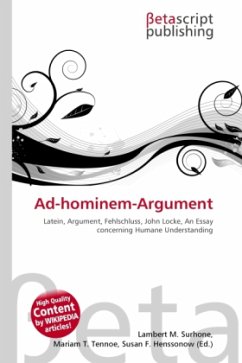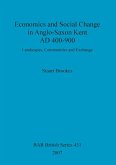Please note that the content of this book primarily consists of articles available from Wikipedia or other free sources online. Reductio ad absurdum is a form of argument in which a proposition is disproven by following its implications to a logical but absurd consequence.A particular kind of reductio ad absurdum, in its strictest sense, is proof by contradiction (also called indirect proof) where an assumption is proven false because it leads to a contradiction (for example a proposition of the form p and not-p'').Some legal usage, and some common usage, depends on a much wider definition of reductio ad absurdum than proof by contradiction, where it is argued a proposition should be rejected because it has merely undesirable (though perhaps not actually self-contradictory) consequences. In a strict logical sense, this might be reductio ad incommodum rather than ad absurdum - since in formal logic, ''absurdity'' applies only to impossible self-contradiction.
Bitte wählen Sie Ihr Anliegen aus.
Rechnungen
Retourenschein anfordern
Bestellstatus
Storno

